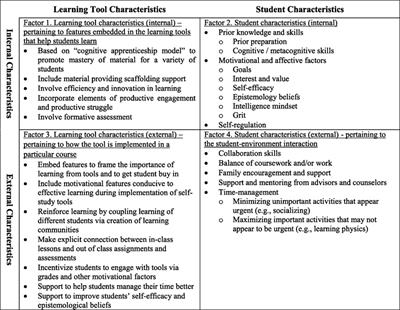EDITORIAL
Published on 07 Mar 2019
Editorial: Active Learning: Theoretical Perspectives, Empirical Studies, and Design Profiles
doi 10.3389/fict.2019.00003
- 106,525 views
- 7 citations
19k
Total downloads
258k
Total views and downloads
EDITORIAL
Published on 07 Mar 2019
CORRECTION
Published on 14 Nov 2018

ORIGINAL RESEARCH
Published on 31 Aug 2018
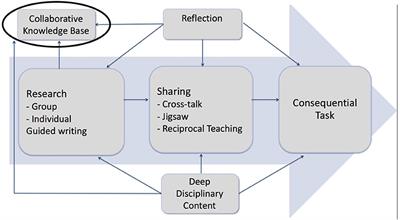
REVIEW
Published on 29 Aug 2018
ORIGINAL RESEARCH
Published on 24 Aug 2018
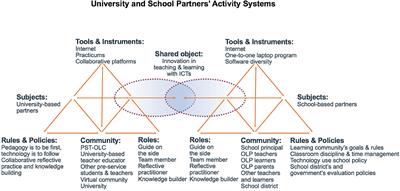
ORIGINAL RESEARCH
Published on 05 Jul 2018
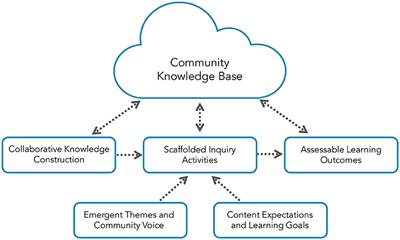
ORIGINAL RESEARCH
Published on 19 Jun 2018
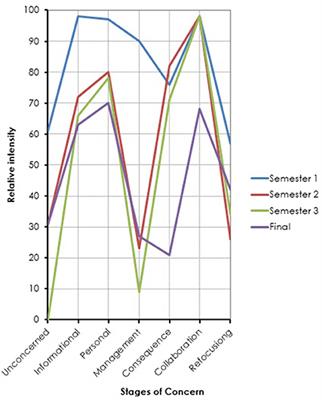
REVIEW
Published on 28 May 2018
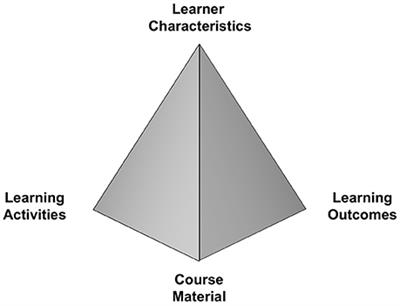
ORIGINAL RESEARCH
Published on 24 May 2018
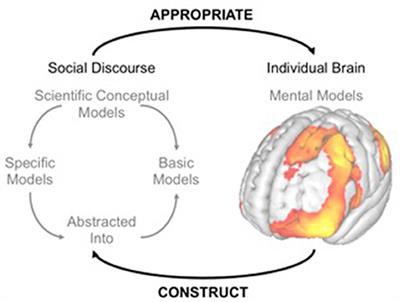
ORIGINAL RESEARCH
Published on 17 May 2018

ORIGINAL RESEARCH
Published on 07 Mar 2018
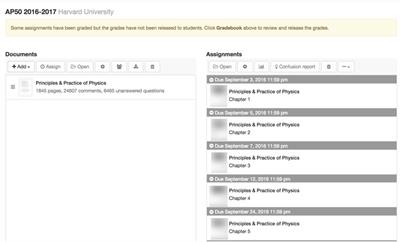
ORIGINAL RESEARCH
Published on 07 Mar 2018
